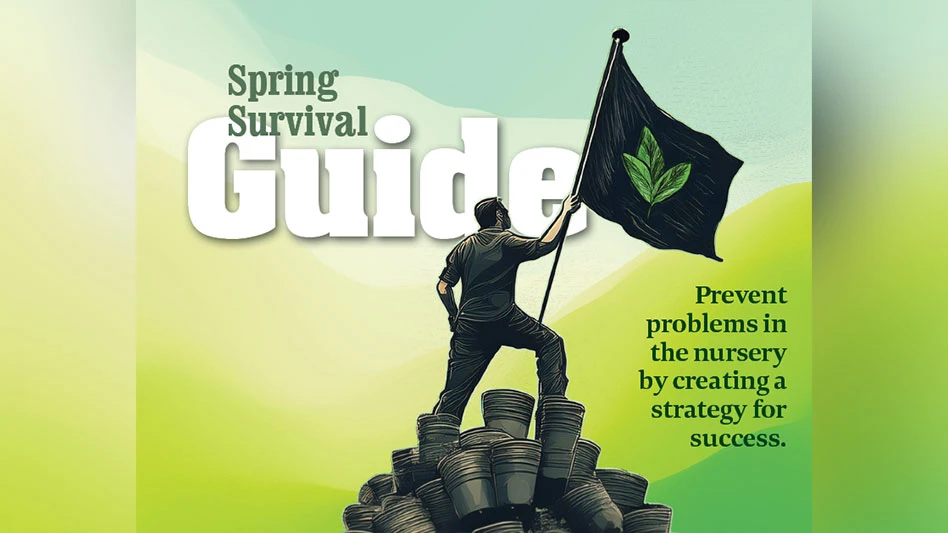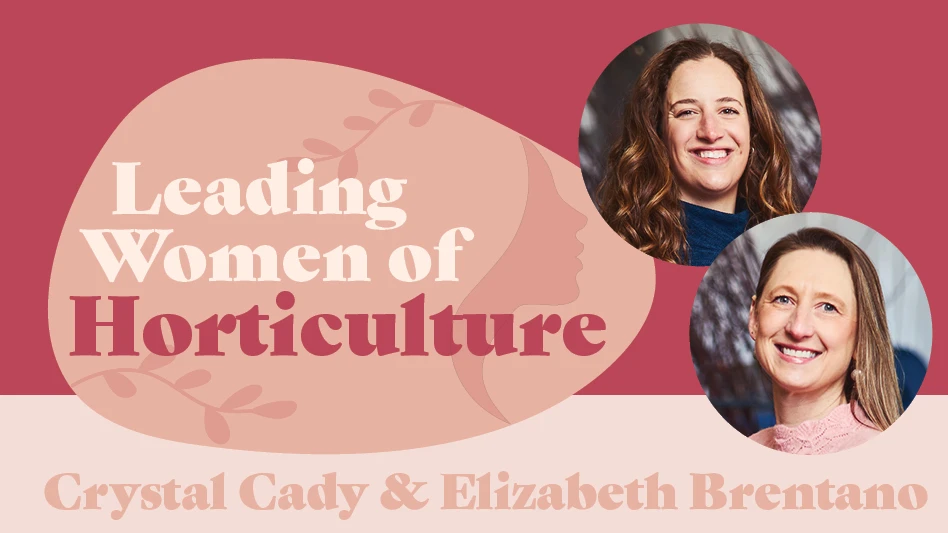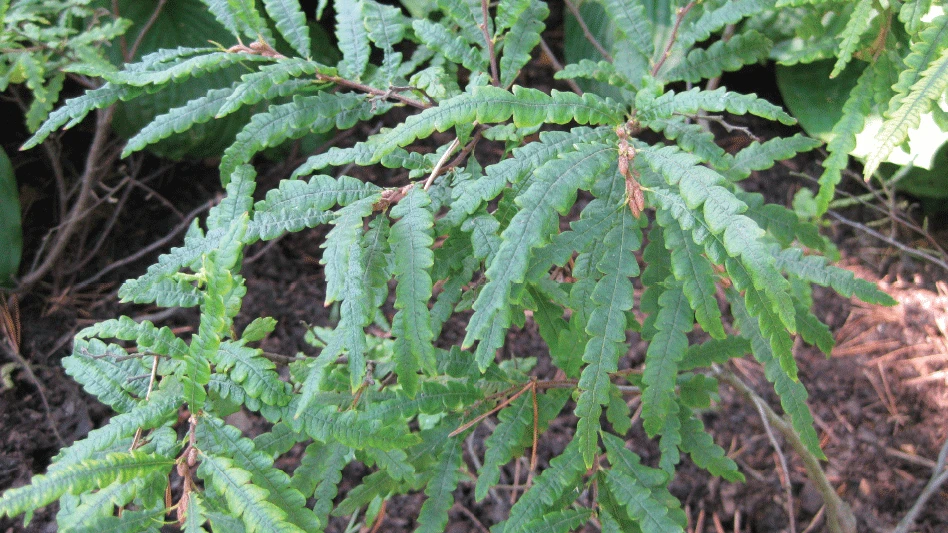
Bonton is a South Dallas community where 85 percent of men have been to prison, poverty is rampant and jobs are scarce. Bonton is also a food desert, where access to healthy foods is non-existent. Daron Babcock, along with several other faithful helpers,
Bonton Farms was Dallas’ first urban farm. Daron started the farm on 1.25 acres amidst a neighborhood riddled with crime. In 2016, a local Dallas family donated 20 acres of land located about 10 miles from the original farm. The family was so inspired by the mission of the farm, they purchased another 20-acre plot adjacent to the original one.
The Bonton Farms mission statement: An agricultural intervention to restore lives, create jobs and ignite hope in the most forgotten and neglected neighborhoods for the most marginalized and vulnerable people.
In the Bonton neighborhood, 63 percent of residents lack personal transportation and the nearest grocery store is a 3-hour round-trip city bus ride away. Instead of making that long trip, the residents go to one of the three beer and wine stores where they have over-priced, outdated, processed foods. Daron explains how the impact on the residents’ health is devastating. Bonton’s
“We believe that our little neighborhood should change from within, driven by our own people using our own hands. So, we launched Bonton Farms,” he says.
Bonton Farms grows myriad of fresh food, taking great care to adhere to organic standards. The farm diverts organic waste from many channels to create compost that replenishes the soil. Besides vegetables and fruits, the farm is also home to free-range chickens, goats, turkeys, rabbits
Danny George, who grew up in the Bonton neighborhood, manages the farm. He told D Magazine that he remembers when people from the Rhoads Terrace housing project would take potshots across the street into the police station and shoot at the officers’ wives when they’d come by with lunch.
“Growing up in Bonton was like growing up in Afghanistan or Pakistan,” he told the magazine. “People were shot and killed daily. My mother would cover me with her body when the shooting would start.”
Danny left the neighborhood and worked as a machinist in Garland for 10 years before Daron convinced him to move back and manage the farm. He makes less money now, but told D Magazine “he’s doing God’s work.”
Read the inspirational account
Besides providing access to healthy foods, Bonton Farms also provides jobs to residents, which helps them break free of the unemployment and poverty cycles.
There are other neighborhoods like Bonton across North America in need. Consider using your hands or your checkbook to help someone like Daron and his staff in your own community.
P.S. Follow them on Instagram or on Facebook (@bontonfarms) for some feel-good social media time.

Get curated news on YOUR industry.
Enter your email to receive our newsletters.
Explore the July 2018 Issue
Check out more from this issue and find your next story to read.
Latest from Nursery Management
- Dümmen Orange North America celebrating 25th anniversary in 2025
- Redesigning women
- Illinois Landscape Contractors Association changes name to Landscape Illinois
- 2025 Proven Winners Horticulture Scholarship applications now open
- ICL’s Gemini Granular herbicide now registered for use in California
- Eurazeo Planetary Boundaries Fund acquires Bioline AgroSciences
- The Leading Women of Horticulture
- Leading Women of Horticulture: Dana Massey, Plantworks Nursery






